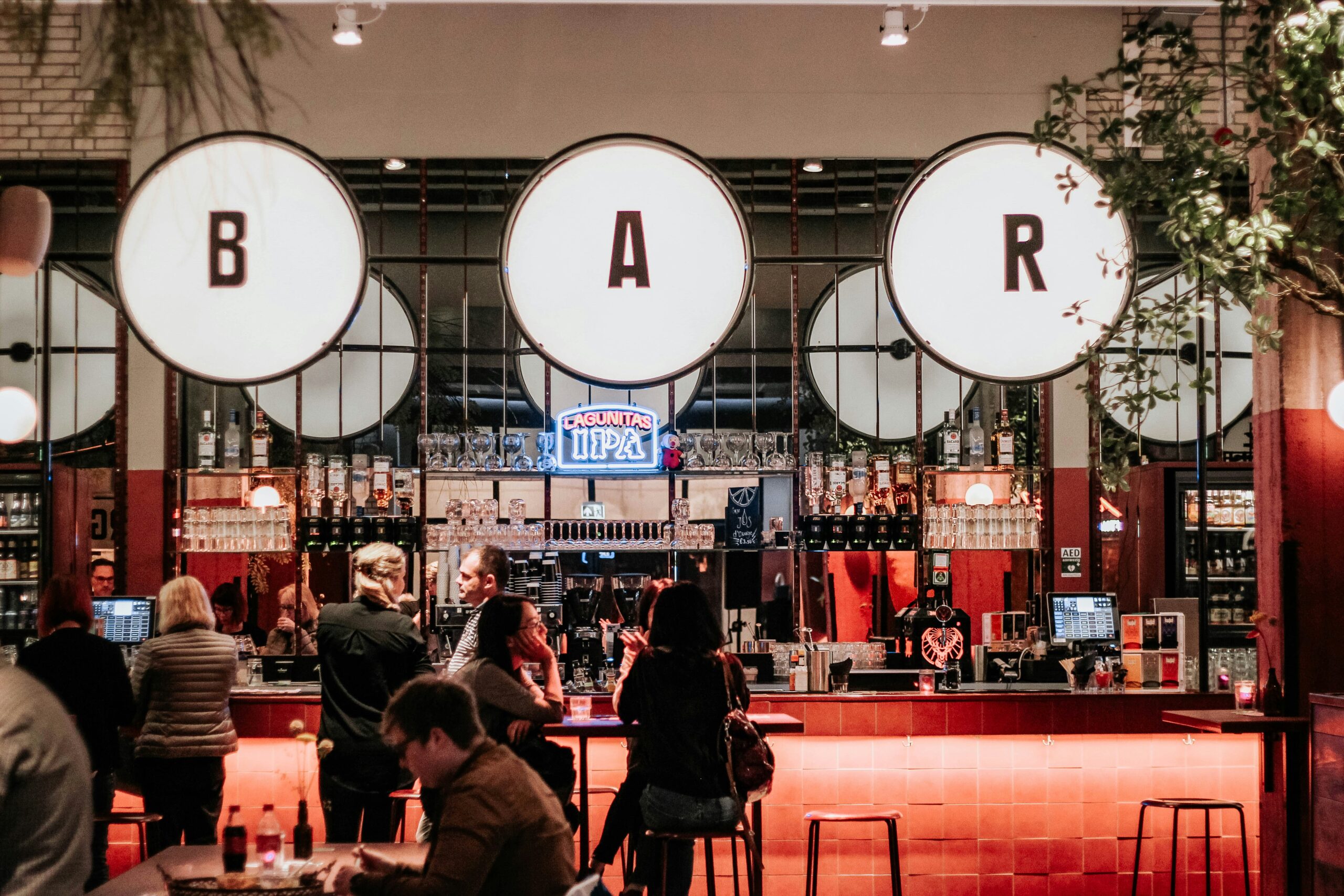Are you considering renting food trucks for your upcoming event? If so, you’ve come to the right place. From figuring out what type of food truck to rent to negotiating pricing, there are several factors to consider when renting food trucks for events. In this detailed guide, we’ll provide you with valuable tips and insights to help you navigate the process with ease.

Factors to Consider When Renting Food Trucks
When it comes to renting a food truck for your event, there are several key factors you should keep in mind. From the type of cuisine offered to the size of the truck, each element can impact the overall success of your event.
Type of Food Truck
Before diving into the rental process, it’s essential to determine the type of food truck you’d like to have at your event. Whether you’re looking for a gourmet food truck, a traditional taco truck, or a vegan-friendly option, choosing the right type of cuisine will attract the right audience to your event.
When selecting a food truck, consider the preferences and dietary restrictions of your guests. Offering a variety of food options can ensure that everyone at your event has something delicious to enjoy.
Size of the Food Truck
The size of the food truck is another important factor to consider when renting for an event. Depending on the number of guests and the space available at the venue, you’ll need to determine the appropriate size of the food truck.
Make sure to discuss with the food truck vendor the size of the truck and the equipment they will be bringing. This will help you plan the layout of the event to ensure optimal flow of traffic and a seamless experience for your guests.
Finding Food Truck Vendors
Once you’ve determined the type of food truck and size you need for your event, the next step is to find reputable food truck vendors. Here are some tips on how to find and vet potential vendors for your event.
Online Search
Start by conducting an online search for food truck vendors in your area. Websites like Roaming Hunger and FoodTrucksIn can help you discover local food trucks and read reviews from previous customers.
Take the time to browse through the websites of different food truck vendors to learn more about their menus, pricing, and availability. This will give you a better idea of the options available to you and help you narrow down your choices.
Recommendations
Ask friends, family members, or colleagues for recommendations on food truck vendors they’ve worked with in the past. Personal referrals can be a great way to find reputable vendors who have a proven track record of providing excellent service.
Reach out to event planners or venue managers in your area for recommendations on food truck vendors they have worked with. These professionals often have established relationships with reliable vendors and can point you in the right direction.

Negotiating Pricing and Contracts
Once you’ve selected a few potential food truck vendors, it’s time to start negotiating pricing and contracts. Here are some tips to help you secure the best deal for your event.
Request Quotes
Reach out to the food truck vendors you’re interested in and request quotes for their services. Be clear about the date, time, and location of your event to ensure accurate pricing.
Compare the quotes from different vendors and consider factors such as menu options, serving time, and additional services offered. Don’t be afraid to negotiate pricing to fit within your budget while still receiving quality service.
Review Contracts
Before signing any contracts, be sure to review the terms and conditions carefully. Pay attention to details such as cancellation policies, payment schedules, and insurance requirements.
If there are any terms you’re unclear about, don’t hesitate to ask the vendor for clarification. It’s essential to have a clear understanding of the agreement to avoid any misunderstandings or issues down the road.
Permits and Logistics
Ensuring that all permits and logistics are in order is crucial when renting food trucks for events. From health permits to parking arrangements, there are several logistical aspects to consider to ensure a seamless event.
Health Permits
Before the event, make sure that the food truck vendors have the necessary health permits and licenses to operate. This includes permits from the local health department, as well as certifications for food safety and handling.
Ask the food truck vendors to provide you with copies of their permits and licenses to verify that they are in compliance with all regulations. This will help you avoid any issues on the day of the event and ensure the safety of your guests.
Parking and Setup
Coordinate with the food truck vendors to determine the best parking and setup locations for the event. Ensure that there is enough space for the food trucks to park and set up their equipment without causing any disruptions.
Consider factors such as electricity and water access for the food trucks, as well as any additional requirements they may have. Communicate these details with the vendors in advance to prevent any last-minute issues on the day of the event.

Day of the Event
On the day of the event, there are several steps you can take to ensure that your food truck rental goes smoothly and that your guests have an enjoyable experience.
Vendor Communication
Stay in close communication with the food truck vendors on the day of the event to coordinate setup and serving times. Provide them with any last-minute instructions or changes to the schedule to ensure everything runs smoothly.
Check in with the vendors periodically throughout the event to address any issues or concerns that may arise. Maintain a positive and collaborative attitude to foster a good working relationship with the vendors.
Guest Experience
Focus on creating a positive guest experience by ensuring that the food trucks are easily accessible and well-stocked. Help direct guests to the food trucks and encourage them to try different menu items.
Consider setting up seating areas or designated dining spaces near the food trucks to create a comfortable and inviting atmosphere for your guests. Monitor the flow of traffic and make adjustments as needed to enhance the overall guest experience.
Evaluating the Event
After the event has concluded, take the time to evaluate the food truck rental experience and gather feedback from guests and vendors. This will help you identify areas of improvement and make informed decisions for future events.
Guest Feedback
Collect feedback from guests on their overall experience with the food trucks. Ask for their opinions on the variety of food options, quality of service, and overall satisfaction with the vendors.
Use this feedback to determine which food trucks were the most popular and which menu items were the crowd favorites. Take note of any suggestions or recommendations for future events to enhance the guest experience.
Vendor Feedback
Reach out to the food truck vendors after the event to gather feedback on their experience. Ask about any challenges they faced, as well as any positive aspects of the event.
Use this feedback to improve your communication and collaboration with vendors in the future. Address any issues that may have arisen during the event and thank the vendors for their participation and hard work.
In conclusion, renting food trucks for events can be a fun and exciting way to provide guests with delicious food options and create a memorable experience. By considering factors such as the type of food truck, size, and vendor selection, you can ensure a successful event that will leave a lasting impression on your guests. So, the next time you’re planning an event, consider renting food trucks to add a unique and flavorful touch to the occasion. Happy planning!

